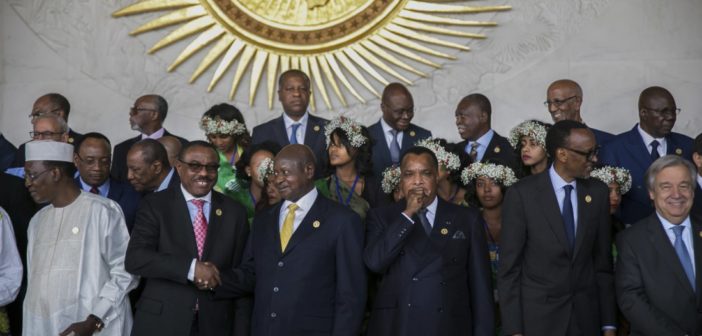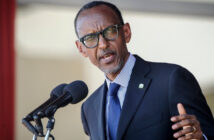Barring any sudden change of mind or fundamental shift in the perception of the International Criminal Court (ICC) by Africa, the continent is bound to withdraw from the court.
African leaders on Tuesday adopted a strategy calling for a collective withdrawal from the International Criminal Court. The non-binding decision came behind closed doors near the end of an African Union summit.
It was the latest expression of impatience by African leaders with the court, which is seen to focused majorly on Africa while pursuing cases of genocide, war crimes and crimes against humanity. Late last year, South Africa, Burundi and Gambia all announced plans to leave the court, leading to concerns that other states would follow.
Majority of African countries also wanted the meaning of immunity and impunity amended in the Rome Statute, the treaty that set up the court in 2002.
Some African countries have been especially critical of the ICC for pursuing heads of state. Sudanese President Omar al-Bashir has been wanted by the court since 2009 for allegedly orchestrating atrocities in Darfur. The ICC also caused an uproar among some African nations by indicting Kenyan President Uhuru Kenyatta on charges of crimes against humanity for 2007 post-election violence in which more than 1,000 died. The case collapsed because of what the ICC prosecutor called lack of cooperation by Kenya’s government.
Elise Keppler with Human Rights Watch’s international justice program said the ICC withdrawal strategy has no timeline and “few concrete recommendations for action.” She pointed out that several African countries, including Nigeria, Senegal and Congo, have spoken up in support of the ICC in recent months.
A draft of the strategy, obtained by The Associated Press, recommends that African countries strengthen their own judicial mechanisms and expand the jurisdiction of the African Court of Justice and Human Rights “in order to reduce the deference to the ICC.”




